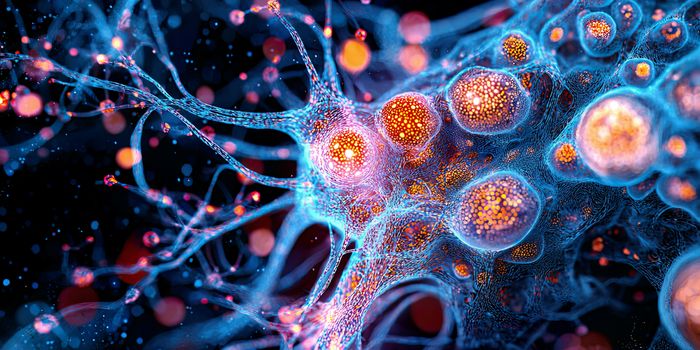Exposure to Drugs has a Long Term Impact on the Microbiome
The human gut microbiome is known to have a powerful impact on our health and well-being. Scientists are learning more about specific gut microbes whose abundance or absence is associated with various health conditions or characteristics. Researchers are also starting to understand what composes a healthy microbiome, and what environmental factors can affect it, such as diet, exercise, host genetics, or medication intake.
Certain medications, such as antibiotics, can have an obvious impact on the gut microbiome by eliminating broad swaths of bacteria. But scientists have found that a variety of medications can be taken up, metabolized, and modified by gut microbes. New research has determined that medications can also have a long-term effect on the gut microbiome; even drugs that were taken years prior can continue to exert an influence on the gut microbiome.. The findings have been reported in mSystems.
This work relied on stool samples that were donated by volunteers. The investigators were able to analyze over 2,500 samples from the Estonian Biobank as part of the Estonian Microbiome cohort. This showed that most drugs the researchers focused on had some effect on the microbiome, and many of them seemed to have effects that could be detected years after patients had stopped taking the drugs. This included antibiotics, as well as antidepressants, benzodiazepines, beta-blockers, and proton pump inhibitors.
"Most microbiome studies only consider current medications, but our results show that past drug use can be just as important as it is a surprisingly strong factor in explaining individual microbiome differences," said co-corresponding study author Dr. Oliver Aasmets of the University of Tartu.
Some benzodiazepines had such a strong impact on the gut microbiome, they were comparable to antibiotics, the study indicated. That class of drugs is typically prescribed for anxiety. But different drugs in that class, such as alprazolam or diazepam disrupted the microbiome to varying extents.
The investigators also noted that a potential study participant’s medication history should be considered when microbiome studies are designed and conducted.
"This is a comprehensive systematic evaluation of long-term medication effects on the microbiome using real-world medical health records," said co-corresponding study author Professor Elin Org. "We hope this encourages researchers and clinicians to factor in medication history when interpreting microbiome data."
Sources: Estonian Research Council, mSystems









